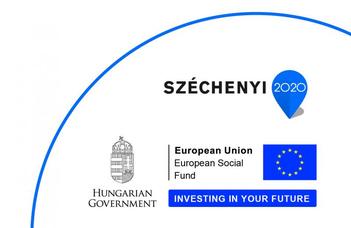
Workshop on the Concept of Quality for Big Data
About the Workshop
ABOUT THE WORKSHOP
Censuses and surveys which have been the traditional sources of data in the social sciences and in business, are now complemented with big or organic data. Doing analyses based on organic data is now established enough so that the initial euphoria claiming that the data can speak for themselves has seized, and time has come for a critical and selective application of big data methods. Yet very little is known about the concept of quality in the case of big data.This is in sharp contrast with the more traditional data sources, as in both the official statistics and the survey communities there exist very detailed theories of data quality and a number of standard procedures to improve the quality of data. This workshop is aimed to start discussion about the concept of quality for organic data and methods to check and improve data quality. Censuses and surveys are results of actively designed data collection exercises and much of the quality criteria address the methods of data collection. As one has no influence on the processes which result in organic data, while many of the traditional concepts remain relevant for big data, the concept of quality has to move from general quality to suitability for particular analyses, leading to more fine tuned approaches. This is a collaborative effort to bridge the somewhat different views and ideas existing among producers and users of data in the official statistics, survey, social science, business analytics and data mining / machine learning communities.
ORGANIZERS
- Tamás Rudas, Professor, Department of Statistics, Faculty of Social Sciences, Eötvös Loránd University
- Renáta Németh, Associate Professor, Department of Statistics, Faculty of Social Sciences, Eötvös Loránd University
- Júlia Koltai, Assistant Professor, Department of Social Research Methodology, Faculty of Social Sciences, Eötvös Loránd University
DATE
February 25–26, 2020
VENUE
Faculty of Social Sciences, Eötvös Loránd University
1/A Pázmány Péter sétány, Room 0.100C
H—1117 Budapest, Hungary
THIS PROJECT WAS SUPPORTED BY THE EU-FUNDED HUNGARIAN GRANT EFOP-3.6.3.-VEKOP-16-2017-00007.


